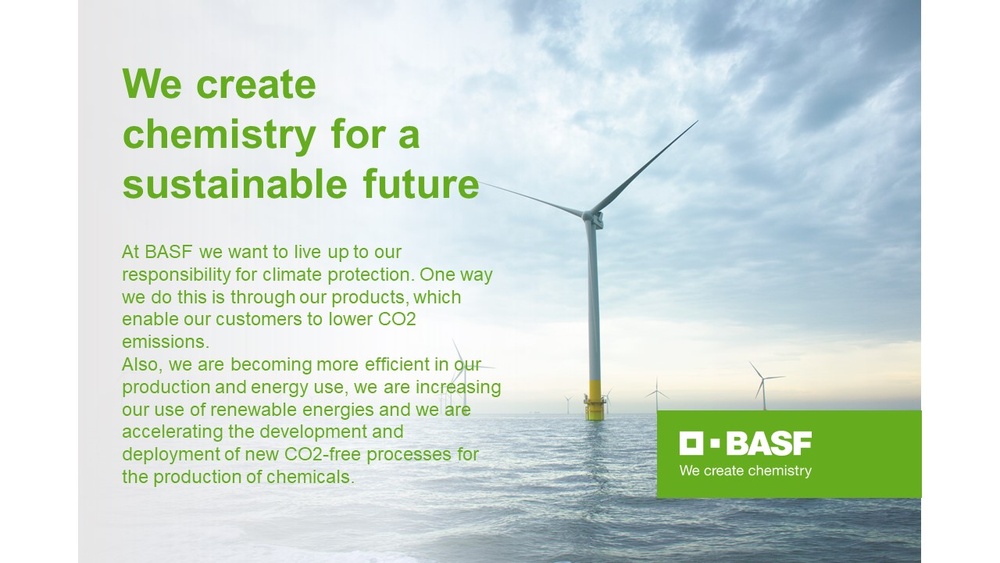12 May 2022

Coldplay partnership with Neste called into question
For its next tour, Coldplay, a famous rock band, pledged to cut its direct emissions by 50% compared to its previous 2016-17 tour, and to work with partners and suppliers to reduce their impacts and emissions wherever possible. For the remaining CO2 emissions Coldplay said that it would create a carbon fund for the drawdown of carbon via nature- and technology-based solutions. Recently, the band announced that it had partnered up with Neste, the Finnish oil refiner, for its upcoming Music Of The Spheres world tour. However, not all are happy with this, green group T&E has accused the British band of naively supporting greenwashing in its supposedly ‘sustainable’ partnership, claiming that Neste has documented links to deforestation and dubious biofuels, and calling on the band to drop the partnership and choose verified sustainable fuels made from renewable electricity for future tours.
Separately, United Airlines has entered into a purchase agreement with Neste that provides the right to buy up to 52.5 mln gallons of sustainable aviation fuel (SAF) over the next three years for United flights departing from Amsterdam’s Schiphol Airport, and potentially other airports as well. The deal makes it Neste’s largest to date with a passenger airline and also the first by a US airline to sign an international SAF purchase agreement. United’s Chief Sustainability Officer, Lauren Riley, said the airline had invested more than any other airline so far in SAF production and that it made sense to expand its network of partners internationally. Neste will provide United with 2.5 mln gallons of SAF at Schiphol in the first year, with the airline having the right to purchase up to 20 mln in the second year and up to 30 mln in the third.
SCA invests in wind power in northern Sweden
The forest group SCA is planning a huge investment in wind power in Norrland. According to the group, there is a possible capacity of 65 TWh. For comparison, 166 TWh of electricity was produced in Sweden last year. The size of the investments needed to establish the project remains a secret, but “We are talking about multi-billion sums”, said the CEO of SCA, Ulf Larsson. He claimed that today’s permit processes threaten the entire new green industrialisation process in Norrland, and hopes to put pressure on authorities and the Government.
Wärtsilä introduces business model for net-zero CO2 emissions
Technology group Wärtsilä recently introduced a new business model with the goal of enabling their customers to achieve net-zero emissions by reducing CO2 emissions in their energy production. The business model utilises Wärtsilä’s tools for modelling and optimising energy systems together with internal expertise to reduce emissions from energy systems. The new model guarantees that electricity is available at the lowest equalised production cost. Initially, the services will focus on existing Wärtsilä’s customers in the mining and industrial sector, as well as on small-scale energy companies. The services are implemented as a long-term partnership with the customer and are results-based, where Wärtsilä’s success is linked to the customer’s profit. The company estimates that its existing customers in the mining and industrial sector have the potential to reduce 460,000 tonnes of CO2 emissions per year.
What we’re reading
- EU considers looser green standards as it seeks to replace Russian fossil fuels (Financial Times)
- UK Startup Raises $150 Million in Largest Round for Carbon Capture (Bloomberg)
- German government agrees on law to speed up LNG terminal construction (Euractiv)
- France’s unprecedented drought shows climate change is ‘spiralling out of control’ (France24)
About Nordic Green News
The Nordic countries are some of the most dynamic and successful economies in the world. They are also leaders in sustainability, from renewable energy, biofuels, carbon capture and storage and the hydrogen economy, circular economy business models and battery development, the Nordics are pioneers in policy design, technology development and consumer uptake. Mundus Nordic Green News is covering this transition for the international community. Every day we curate the stories of most relevance to international businesspeople and policy experts from the flow of news. Mundus Nordic Green Indices summarise the meta-data from our daily coverage to enable easy tracking of trends. We supplement these with our own opinion pieces and commentary.
